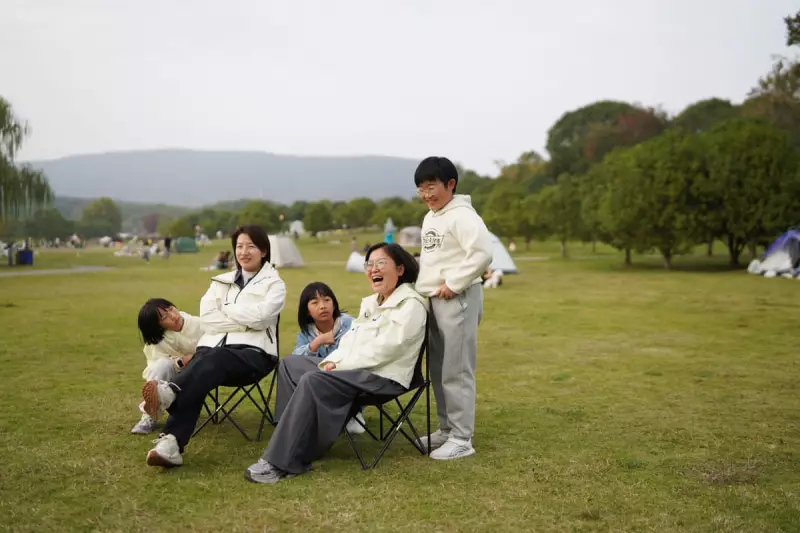
In a quiet Shanghai apartment, two women are preparing dinner while their children play together in the living room. This isn't a traditional family unit, but rather one of China's growing number of single mother co-parenting partnerships - a revolutionary approach to family life that's gaining traction across the country's major cities.
The New Face of Chinese Family Life
As traditional marriage rates decline and social attitudes evolve, single mothers in China are pioneering innovative living arrangements that provide both practical support and emotional solidarity. These co-parenting setups typically involve two or more single mothers sharing housing, childcare responsibilities, and financial burdens.
This movement represents a significant shift in a society where single motherhood has historically carried substantial stigma. Women participating in these arrangements report numerous benefits, from reduced living costs to the emotional support of sharing parenting challenges with someone who truly understands.
Why This Trend Is Gaining Momentum
Several factors are driving this social phenomenon:
- Economic pressures in expensive urban centres make single parenting particularly challenging
- Changing social attitudes towards non-traditional family structures
- Increased independence among Chinese women, both financially and socially
- Support networks forming through social media and parenting apps
Real Stories: The Women Behind the Movement
Meet Li Wen, a 34-year-old marketing manager in Beijing who began co-parenting with another single mother she met through a parenting forum. "We were both struggling with loneliness and the overwhelming responsibility of single parenting," she explains. "Now we share school runs, cooking duties, and most importantly, we have someone to talk to at the end of a difficult day."
Their arrangement has proven so successful that both women report their children are thriving with the additional stability and the built-in playmate relationship that has developed.
Navigating Legal and Social Challenges
Despite the practical benefits, these non-traditional families face unique challenges. Legal recognition remains limited, and some participants report facing scepticism from older relatives and conservative community members.
However, the women driving this movement are undeterred, seeing their choices as part of a broader evolution in Chinese family dynamics. Many emphasise that their arrangements provide children with more stability and support than struggling alone could offer.
The Future of Family in China
As more Chinese women choose single motherhood or find themselves parenting alone due to divorce or separation, these cooperative living arrangements are likely to become increasingly common. They represent not just a practical solution to economic and social challenges, but a reimagining of what family can mean in modern China.
This grassroots movement demonstrates how women are taking control of their family narratives, creating supportive communities that work for their specific circumstances rather than conforming to traditional expectations.





